How does asthma work?And How do you treat asthma?
By: HWC
Date Uploaded: 10/08/2020
Tags: What's asthma all about? how do you treat asthma? what happens during an asthma attack? how do the lungs work? Sinuses and Nasal Passages Mouth Windpipe (Trachea) Airways (Bronchial Tubes) Airsacs (Alveoli) dust mites mold tobacco smoke quick relief long term control
These are the parts of the respiratory system. Sinuses and Nasal Passages Mouth Windpipe (Trachea) Lungs Airways (Bronchial Tubes) Airsacs (Alveoli) When we breathe, air moves easily in and out of the lungs. The small airways are also called bronchial tubes. The side of the tube is the airway wall. The inside of the tube is lined with glands that can produce mucous. Notice that muscle bands surround the outside of the tube. These muscles are relaxed, and the airway is open. Because the airways are clear, air moves easily in and out of the lungs. As we'll see in the next section, asthma makes the airways smaller. This makes it harder to breathe. Asthma affects people in different ways. For some, a cough is the only symptom. Others notice wheezing, chest tightness, or trouble exercising. Not all people have the same symptoms. Some people know that certain things will make their asthma worse. Every person has his or her own triggers. Some examples are: mold, dust mites, tobacco smoke, strong smells, or exercise. When asthma is triggered, changes happen in the airway that make it difficult to breathe. During an asthma attack, the airways become inflamed. This makes the bronchial tube smaller. Notice that the muscle bands tighten, mucous plugs the airway, and the airway wall becomes swollen. All of these changes make it harder for air to move in and out of the lungs. Inflammation of the airways leads to the symptoms of asthma. Now we'll see how the right treatment can reduce these symptoms and help prevent asthma attacks. There isn't a cure for asthma, but the right treatment can help a person with asthma lead a normal life. There are two types of asthma medicine, quick-relief and long-term control. These medicines work in very different ways. Many people need to take both types. QUICK-RELIEF MEDICINES • Relax the muscles around the airways. • Make it easier to breathe right away. • Give temporary relief. • Should be taken during an asthma attack. LONG-TERM CONTROL MEDICINES Treat the main problem in asthma: • airway inflammation. Reduce swelling, mucous, • and muscle tightening. Give long-term control of • asthma symptoms • Help prevent asthma attacks. When they are inhaled properly, quick-relief medicines travel into the small airways... Remember that this is how the airways look during an asthma attack, before taking any medicine. Quick-relief medicines relax the muscles around the airway. This opens the airway, and makes it easier to breathe right away. Quick-relief medicines don't treat the inflammation, swelling, or mucous in the airway. When these medicines wear off, the muscle tightening may return. This means that asthma symptoms might come back after just a few hours. Long-term control medicines treat the airway inflammation. This means that there is less swelling, less mucous, and less muscle tightening in the airway. These medicines treat the main problem in asthma and help keep the airway open. Long-term control medicines can be inhalers or pills. It's important to keep taking these medicines to prevent asthma symptoms and attacks. During an asthma attack, quick-relief medicines make it easier to breathe right away. Long-term control medicines help prevent the symptoms of asthma and asthma attacks. Both types of medicine are important. Ask your doctor about the medicines that are used for quick-relief and long-term control. In order for asthma medicines to work, they must be taken properly. Your doctor can show you how to use them. If asthma symptoms are not controlled by these medicines, it is important to tell a doctor. If breathing becomes very difficult, a person with asthma should seek medical attention right away. But medicines are just one part of a good asthma treatment plan. It is important for people to know their triggers and the best way to manage them. Some triggers are found in places that we work, live, and play, and can cause allergy symptoms and asthma. Other triggers can be harder to avoid, but there are ways to help manage them. By controlling their triggers and taking the correct medicines, most people with asthma can lead a normal, active life.
Add To
You must login to add videos to your playlists.
Advertisement



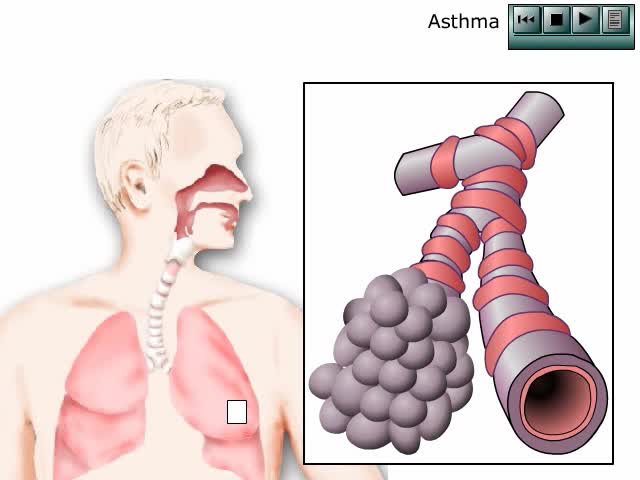
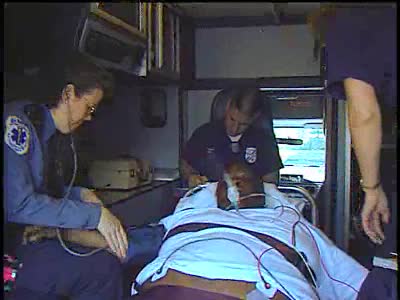


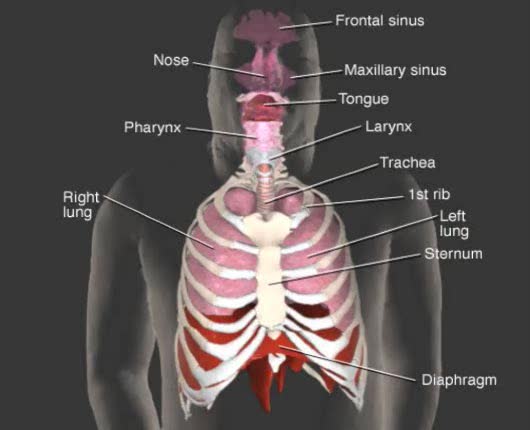


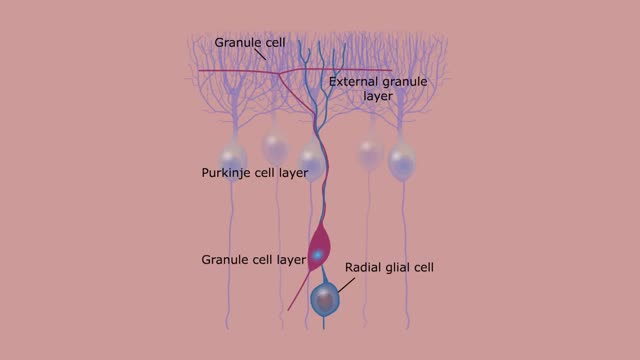
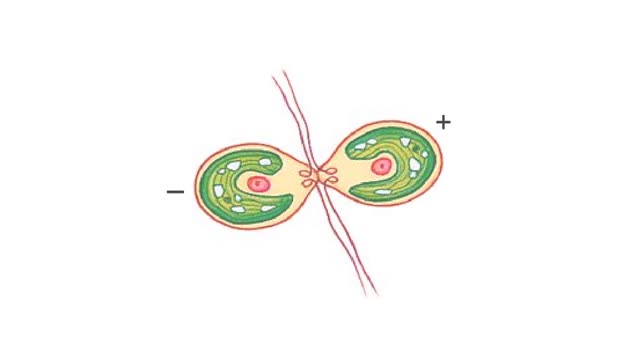
Comments
0 Comments total
Sign In to post comments.
No comments have been posted for this video yet.